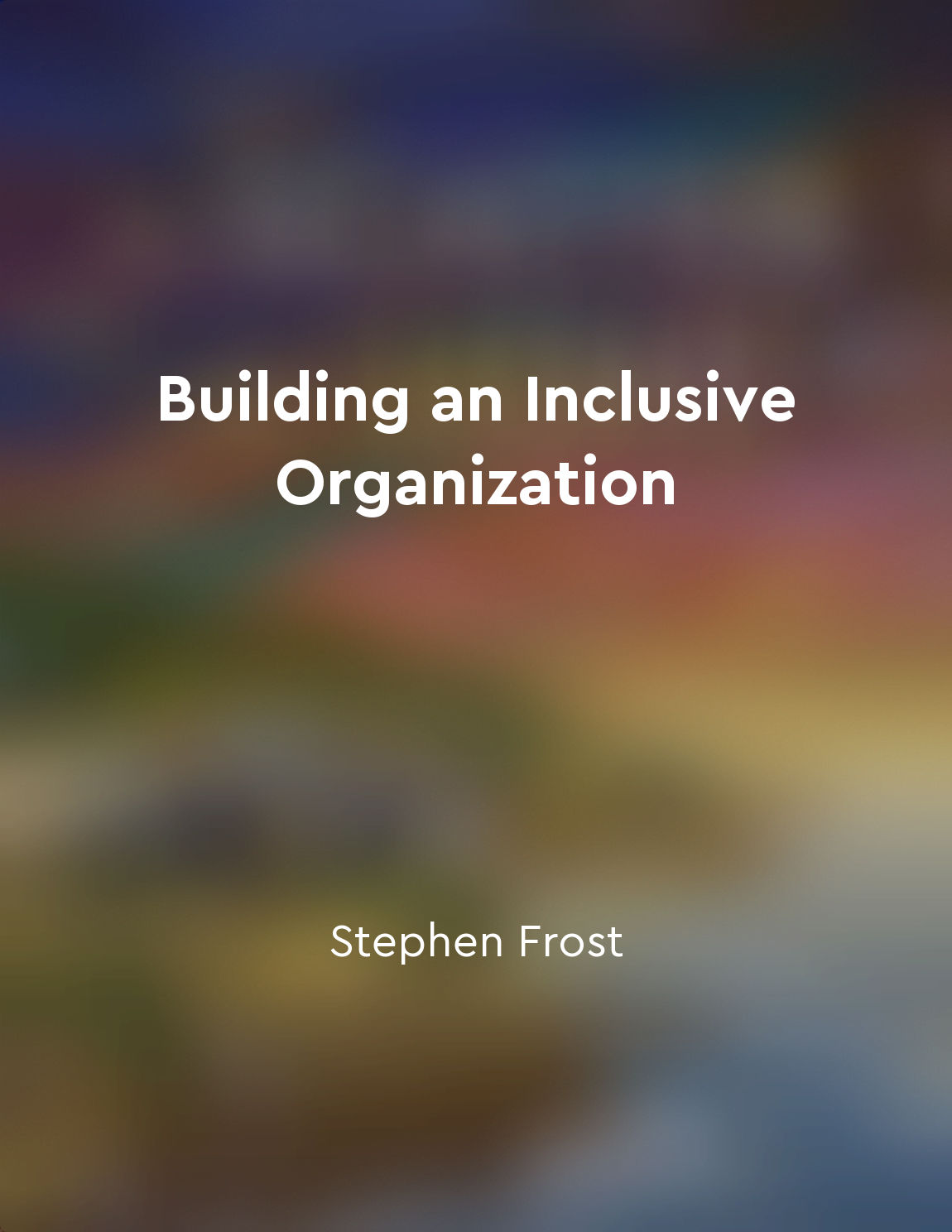Audio available in app
Avoid making sweeping generalizations from "summary" of Win Every Argument by Mehdi Hasan
Making sweeping generalizations is a common mistake in arguments. This involves making broad statements that assume all members of a group or category share the same characteristics or beliefs. When you engage in this behavior, you oversimplify complex issues and ignore the diversity of opinions and experiences within a group. This can weaken your argument and make it easier for your opponent to counter your points. To avoid making sweeping generalizations, it's essential to focus on specific evidence and examples that support your argument. By providing concrete data and anecdotes, you can make a more compelling case and demonstrate a deeper understanding of the topic at hand. This approach not only strengthens your argument but also shows respect for the complexity of the issue and the individuals involved. Another way to avoid making sweeping generalizations is to acknowledge and address counterarguments. By recognizing opposing viewpoints and engaging with them thoughtfully, you can demonstrate intellectual honesty and open-mindedness. This not only strengthens your argument by showing that you have considered multiple perspectives but also makes it harder for your opponent to dismiss your points outright. Furthermore, it's important to be mindful of language when making statements about groups of people. Using qualifiers such as "some," "many," or "often" can help you avoid painting with too broad a brush and show that you are aware of the nuances within a particular group. This nuanced approach not only makes your argument more precise and accurate but also demonstrates a level of sensitivity and empathy towards others.- Avoiding sweeping generalizations is crucial in constructing a strong and persuasive argument. By focusing on specific evidence, acknowledging counterarguments, and using precise language, you can make a more compelling case and show respect for the complexity of the issue at hand. Remember, the devil is in the details, so be sure to delve deep and avoid oversimplifying complex issues.
Similar Posts
Political parties are more homogenous than ever before
Political parties in the United States have become increasingly homogenous over the years. This means that people within the sa...
They can perpetuate discrimination
Algorithms have the power to perpetuate discrimination. They are not unbiased or neutral; instead, they reflect the values and ...
Social norms impact individual behavior
In understanding how culture shapes human behavior, it’s essential to consider the crucial role of social norms. These are the ...
Social norms guide individual actions
Social norms are the unwritten rules that govern behavior within a society. These norms vary depending on the culture, group, o...

Visual aids can enhance your message if used effectively
Visual aids play a critical role in enhancing the effectiveness of a speaker's message. When used correctly, visuals such as gr...
Knowledge originates from sensory experiences
The mind is initially blank, devoid of any knowledge or ideas. It is through sensory experiences that the mind begins to form i...

Invest in diversity and inclusion initiatives
Investing in diversity and inclusion initiatives is crucial for organizations looking to build a truly inclusive culture. By al...

Prejudice can lead to misinterpretations of strangers
In Talking to Strangers, Malcolm Gladwell explores how our preconceived notions and biases can cloud our judgment when interact...
End with a strong conclusion
As you draw your speech to a close, it is crucial to leave a lasting impression on your audience. A strong conclusion should su...

Culture shapes communication
The idea that culture shapes communication is fundamental in understanding the complexities of intercultural interactions. Comm...

